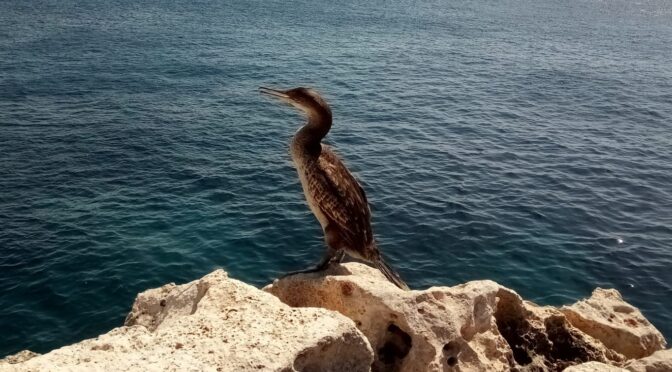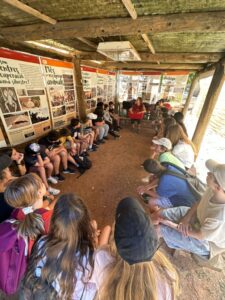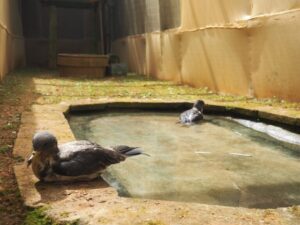Views: 968
The Annual Report for the Centre for Recuperation of Wild Animals is now available.
As in each year, we continue with our efforts to give assistance to the highest number of injured animals, orphaned, in danger or unwell that enter our installation so that they can recover and be liberated into the wild. Last year, 2023, the number of wild animals receiving attention was a total of 1,163 from 82 different species.
Although birds are the most numerous of the animals we help, representing 44.6% of the total, the reptiles follow with 41.2% while mammals and amphibians represent a much small number. The main cause for entry to the Centre of Recuperation comes from Mediterranean tortoises (Testudo Hermanii) that have been held in captivity and represent an annual total of 237 individuals.
9 admissions every day in summer
During the summer there is an average of 9 admissions per day. This is produced by the second highest reason for entry by wild animals. It comes from chicks and young that have fallen from their nests for various reasons and have become orphans and so need special care and dedication until a stage of their development arrives when they can fend for themselves and take flight.
In 2023, 264 chicks and young in different stages of development and health were helped, of which more than 42% survived their growth period.
Part of our work, also, is the attention given to exotic animals and invasive species, and the rescuing of amphibians (especially the Balearic toad Bufotes balearicus). Environmental education is an essential branch of our work for the dissemination of knowledge to more than 500 students, young and old, who visit the Centre and to the 1,300 residents and visitors to the island, on the main problems that confront Menorca concerning native and non-native fauna.
65% are returned to nature
We conclude with the encouraging data that inspires us to continue working year after year achieving our goals and making improvements. There were 1,082 animals that came in live during 2023 to the Centre of Recuperation; many of them were protected and vulnerable species; 65% of them could be liberated after successful care and be able to continue their life in nature.
We would like to thank the public for all the cooperation and help they have allocated to this area. Also, our thanks to the local police and security forces, some establishments that give food, as well as the volunteers that participate in the attention and care of the animals collected.
The Centre for the Recuperation of Wild Animals of Menorca functions thanks to an agreement between GOB Menorca and the Wildlife Consortium of the Balearic Islands (COFIB) linked to the Ministry of Agriculture, Fisheries and Natural Environment of the Balearic Government; the help of Lithica, the Consell Insular of Menorca (the Island Governing Council) and the local councils of Ciutadella, Maó, Ferreries, Mercadal, Sant Lluis and Es Castell.



